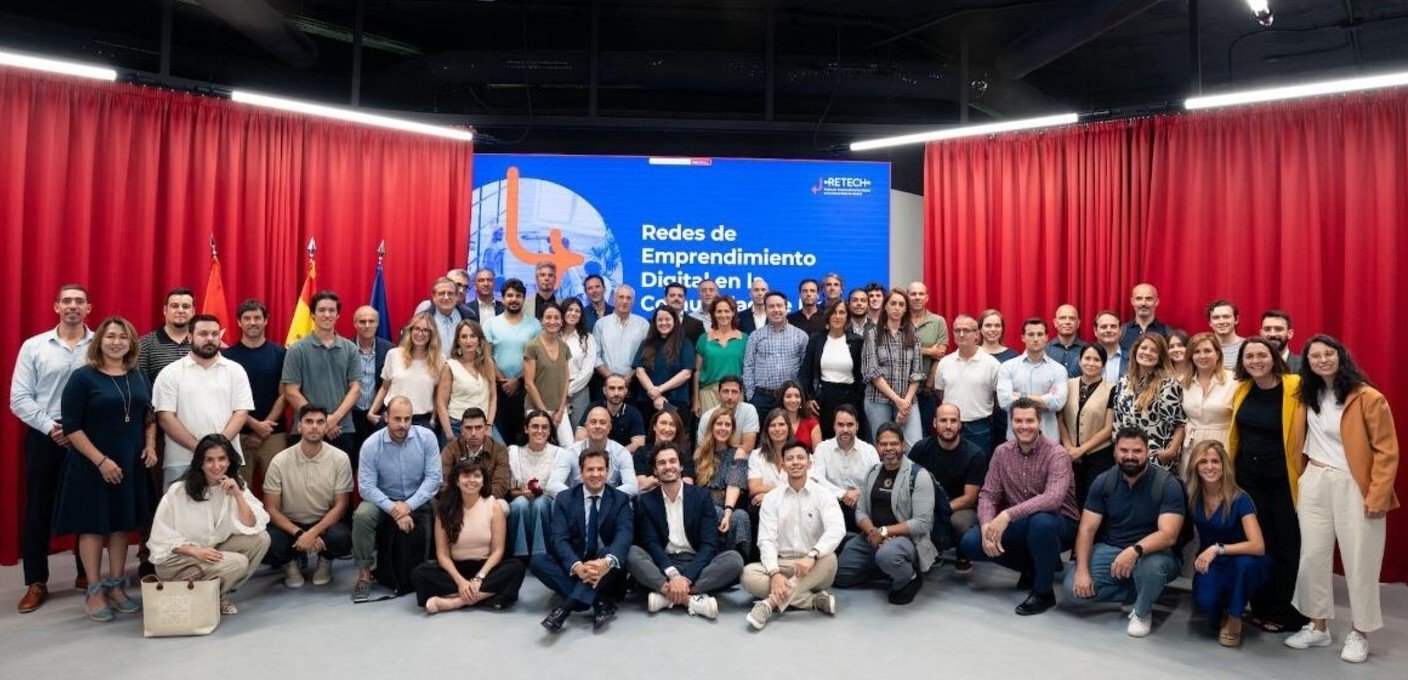A total of 1,138 students from ESO and Bachillerato in Madrid schools have received civic-tax training from the Madrid Tax Agency (ATM) between October 2024 and March of this year, as part of the ‘Madrid, an open book’ program, coordinated by the Area of Social Policies, Families, and Equality. The program aims to provide children and adolescents with training on urban reality from various perspectives such as infrastructure, city history, the functioning of public services, and how taxes are managed to provide these services to citizens.
Training in tax competencies and municipal income is integrated into this program under a block called ‘Life in the City’. Offered by 23 volunteer officials from the ATM, in the last five months, it has carried out 48 activities in 29 educational centers in the districts of Arganzuela, Barajas, Carabanchel, Ciudad Lineal, Chamartín, Chamberí, Fuencarral-El Pardo, Hortaleza, Latina, Moratalaz, Puente de Vallecas, Salamanca, San Blas-Canillejas, Usera, Vicálvaro, Villa de Vallecas, and Villaverde.
This activity originated from a pilot project initiated by the ATM and included in the IV Plan for Childhood and Adolescence to develop a measure of civic-tax education so that Madrid students understand how citizens, through the payment of their taxes, contribute to the functioning of public services.
Through various didactic initiatives, the City Council supports schools in the capital to provide students with useful information that allows them to understand urban management and basic concepts to navigate in their daily lives.
The activities are based on a role-playing game, where twelve students take on different roles, some as professionals who earn income from their activities (entrepreneur, teacher, blogger, bus driver, etc.) and others as individuals without income, but who receive some form of social benefit (unemployed, disabled, etc.). Through these roles and in a game where they pay taxes based on their income using pre-delivered tokens, concepts such as municipal budget, sustaining common expenses, paying taxes based on economic capacity, social assistance, etc., are studied. The issue of tax evasion is also explicitly addressed, using one of the participants in the role-playing game as the ‘defrauder’.



